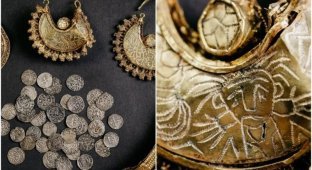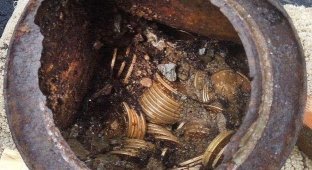A day after the theft at the Louvre in France, another museum was robbed (4 photos)
This time, the criminals stole some gold and silver coins minted in the 18th and 19th centuries. 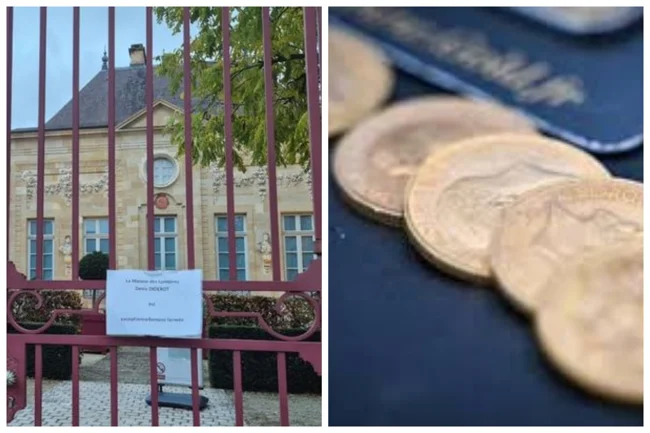
A new high-profile theft has occurred in France: just hours after the Louvre robbery, unknown individuals stole part of a numismatic treasure from the Denis Diderot House of Enlightenment museum in Langres. The incident caused widespread controversy, as both thefts occurred almost simultaneously and with audacity unusual for French museums. 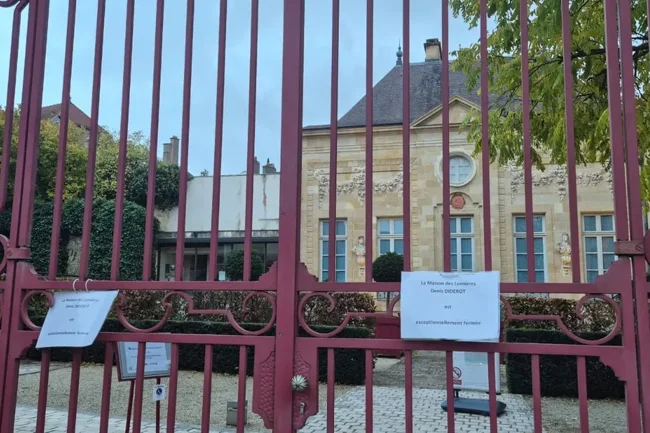
According to police, the thieves entered the building on the night of October 19-20 by breaking down a sliding door. They smashed a display case and stole some of the coins from the famous hoard discovered by workers during the restoration of the Château du Bruil in 2011. The collection included more than 2,000 gold and silver coins minted in the 18th and 19th centuries, valued at approximately 90,000 euros.
Investigators are considering a contract theft, presumably with the intent of subsequently selling the unique artifacts to a private collector. Langres authorities stated that the crime caused serious damage to cultural heritage and ordered increased museum security, bringing in private security specialists. 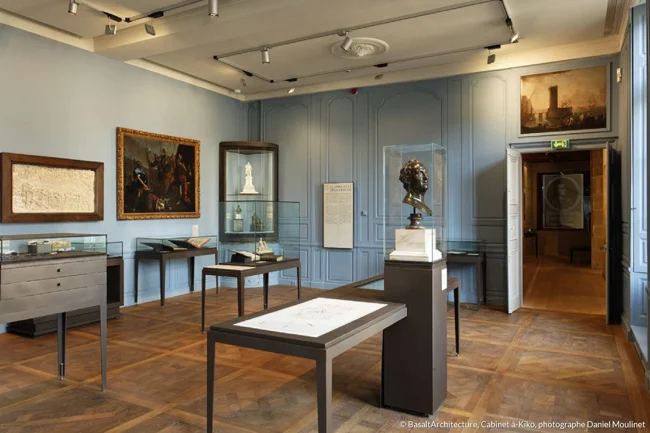
The robbery occurred just a day after a daring theft at the Louvre, where four criminals stole nine jewels belonging to French empresses. Experts say the coincidence of the timing and nature of the crimes suggests that both thefts were organized by the same group.
And the French are baffled by how easy it is, it turns out, to rob museums containing genuine treasures. Incidentally, the Louvre's rarities were not insured, as insurers could not even estimate the value of the jewelry on display in the museum. 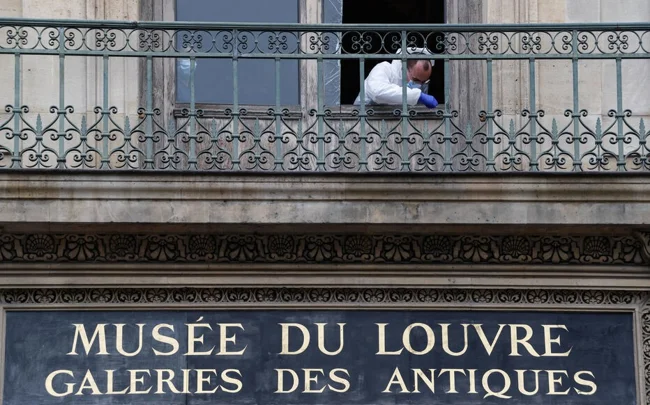
Furthermore, jewelry of this caliber is considered public property and belongs to the state.
"(The stolen items – editor's note) belong to the state museum and, therefore, are public property of the state. The state bears exclusive responsibility for (the jewelry – editor's note)... it assumes the risk of loss, theft, or damage to these items... The state is a 'self-insurer,'" the Le Parisien article states.
The state has proven to be a poor insurer, as the valuables have still not been found, and with each passing hour, the chances of catching the criminals red-handed are dwindling.













